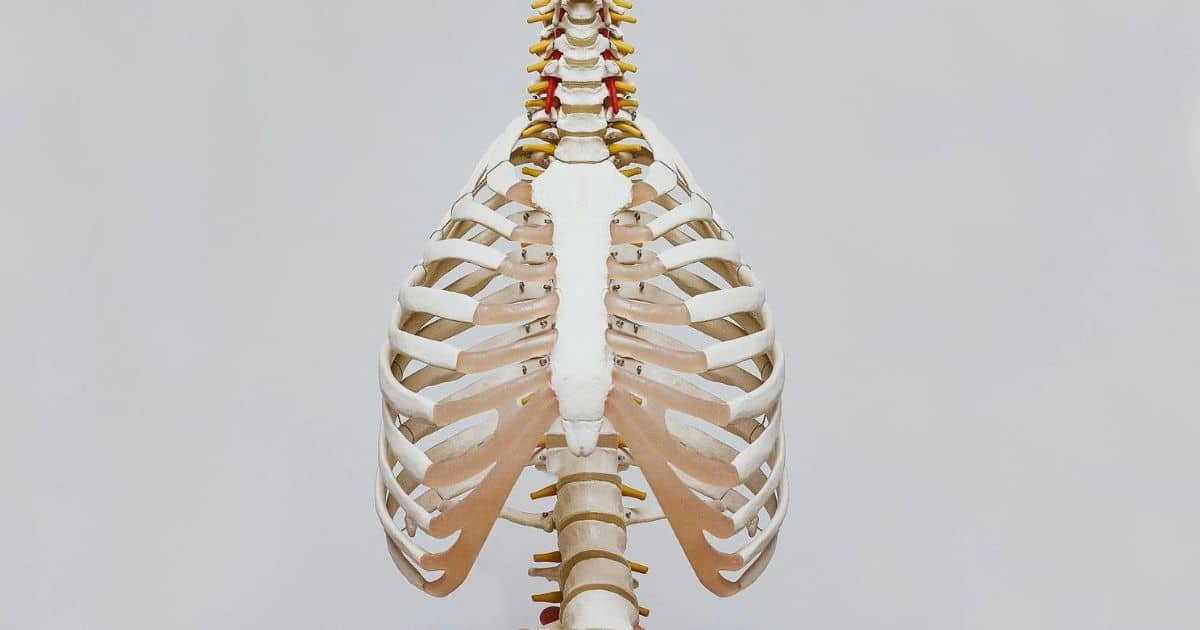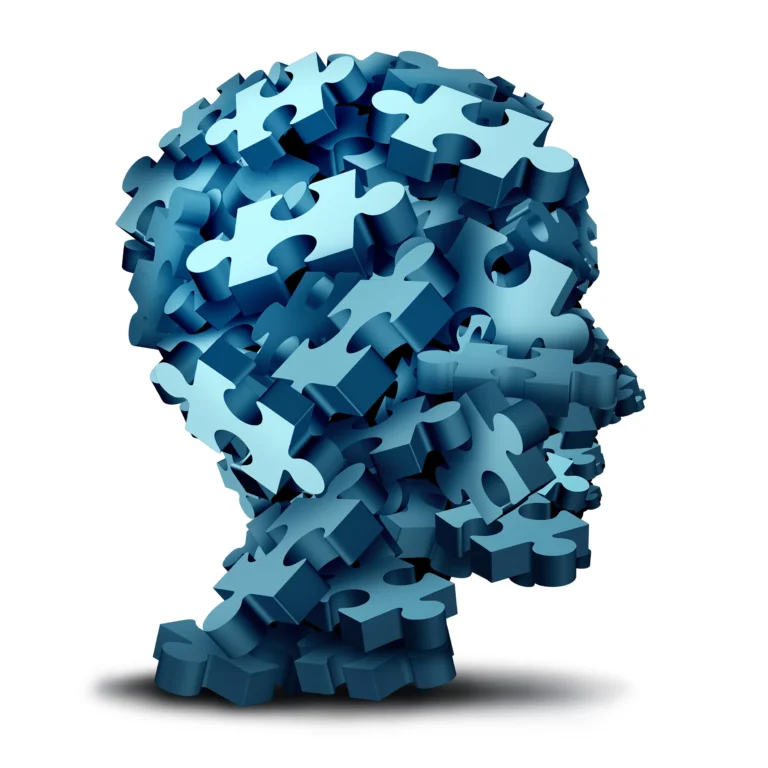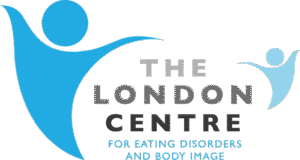Understanding the effects of starvation
Last Updated: 20 February 2026
There are many serious physical, psychological and emotional consequences of a severe or long-term eating disorder. Most of these are reversible following recovery, however some are not. Some of the consequences are potentially life threatening. If we think that your physical health could be at risk at assessment, we will make recommendations about how best to manage it. Typically any necessary physical health monitoring is done by an NHS or private GP. However, in severe cases, we may recommend the involvement of a specialist consultant psychiatrist.
Often people do not realise the risks of starvation, or do not notice the symptoms they are experiencing. However, if you read about some of the symptoms that can arise as a result of eating disorders and/or starvation, you may recognise that you are suffering from them.
The Keys Study
The best information about the effects of starvation in humans has come from a study conducted by Ancel Keys and his colleagues, at the University of Minnesota over 50 years ago. The study included 36 young, healthy, psychologically normal men who had agreed to participate in the experiment as an alternative to military service. During the first three months of the experiment, the men ate normally. Then for six months they were restricted to approximately half of their former food intake. Over this time they lost, on average, 25% of their original body weight. Then followed 3 months of therapy and rehabilitation, during which the men were gradually re-fed. During all three phases the men were observed closely, and their behaviour, personality and eating patterns were studied in detail. The researchers observed dramatic physical, psychological, and social changes as a result of the semi-starvation, which persisted during the re-feeding phase of the study.
It is notable that many of the experiences of these semi-starved men parallel those of individuals with anorexia nervosa and bulimia nervosa, suggesting that many of the emotional and behavioural changes in people with eating disorders are due to nutritional deficiencies, rather than psychological factors. The main finding of the study are summarised below.
Attitudes and behavior related to eating
An inevitable result of starvation was a dramatic increase in preoccupation with food. Concentration was impaired, and preoccupation with food and eating was observed in dreams, daydreams and thinking. Hoarding of both food and non food items was common. Increased interest in looking at, touching, imagining, reading about and cooking food was also seen. Changes in behaviours around food were observed with speed of eating changing, playing with food or increased use of salt and spices being common. Most of these changes persisted for weeks after re-feeding.
Binge eating
During the starvation phase, all of the volunteers reported increased hunger; some appeared able to tolerate the experience fairly well, but for others it created intense concern or even became intolerable. Several men failed to adhere to their diets and reported episodes of binge eating followed by severe guilt and distress.
Emotional Changes
The strict procedures used to select subjects for the experiment led the experimenters to conclude that the psychobiological ‘stamina’ of the subjects was unquestionably superior to that likely to be found in any random or more generally representative sample of the population”. Although the subjects were psychologically healthy prior to the experiment, most experienced significant emotional changes as a result of semi-starvation. Some reported transitory and others protracted periods of depression. Occasionally elation was observed, but this was inevitably followed by “low periods”. Although the men had quite tolerant dispositions prior to starvation, tolerance was replaced by irritability and frequent outbursts of anger. For most subjects, anxiety and apathy became more evident. Almost 20% of the group experienced extreme emotional deterioration that markedly interfered with their functioning. Standardised personality testing revealed that semi-starvation resulted in significant increases in depression, hysteria, and hypochondriasis for the group.
Social and Sexual Changes
The extraordinary impact of semi-starvation is reflected in the social changes experienced by most of the volunteers. Although originally quite gregarious, the men became progressively more withdrawn and isolated. Humour and the sense of comradeship diminished markedly amidst growing feelings of social inadequacy. Social initiative especially, and sociability in general, reduced. The men became reluctant to plan activities, to make decisions, and to participate in group activities and became increasingly socially isolated. Relationships became strained and sexual interests reduced.
Cognitive Changes
The volunteers reported impaired concentration, alertness, comprehension, and judgment during semi-starvation; however, formal intellectual testing revealed no signs of diminished intellectual abilities.
Physical Changes
As the six months of semi-starvation progressed, the volunteers exhibited many physical changes, including gastrointestinal discomfort, decreased need for sleep, dizziness, headaches, hypersensitivity to noise and light, reduced strength, poor motor control, oedema (an excess of fluid causing swelling), hair loss, decreased tolerance for cold temperatures (cold hands and feet), visual disturbances (inability to focus, eye aches, “spots” in the visual fields), auditory disturbances (ringing noise in the ears), and paraesthesia (abnormal tingling or prickling sensations especially in the hands or feet).
Various changes reflected an overall slowing of the body’s physiological processes. There were decreases in body temperature, heart rate, and respiration, as well as in basal metabolic rate. At the end of semi-starvation, the men’s basal metabolic rate had dropped by about 40% from normal. This drop, as well as other physical changes, reflects the body’s extraordinary ability to adapt to low caloric intake by reducing its need for energy.
The changes in body fat and muscle in relation to overall body weight during semi-starvation and rehabilitation were remarkable. While weight declined about 25%, the percentage of body fat fell almost 70%, and muscle decreased about 40%. Upon re-feeding, initially a greater proportion of the “new weight” was fat, however this did normalise over time.
Physical Activity
In general, the men responded to semi-starvation with reduced physical activity. They became tired, weak, listless, and apathetic, and complained of lack of energy. Voluntary movements became noticeably slower. However, many of the participants still continued to exercise despite their impaired physical state.
Although this is a good summary of the effects of starvation, there are other symptoms that people can experience as well. These include:
-
Electrolyte Disturbances: can cause weakness, tiredness and depression or, at severe end, result in cardiac arrhythmia and sudden death
-
Cardiac Irregularities: starvation can result in a slowed heart rate and abnormally low blood pressure, particularly during exercise, and can result in sudden death
-
Dental Problems: Self-induced vomiting can lead to dental erosion and loss of enamel, resulting in decay and periodontal disease
-
Gastrointestinal Complications: bingeing and/or purging can lead to stretching or damage of the stomach or throat; severe laxative abuse can lead to damage to the bowel; starvation can lead to slowed gastric emptying, abdominal discomfort and chronic constipation
-
Dehydration: moderate dehydration can cause muscle cramps, bad breath, dry skin, and headaches, but severe dehydration can affect temperature regulation and can cause electrolyte imbalances, leading to irregular heart beats or brain seizures
-
Oedema: dehydration can result in rebound water retention, causing temporary swelling in the fingers, ankles or face
-
Neurological Abnormalities: abnormal electrical discharges in the brain are common in some individuals with eating disorders, including epileptic seizures, muscular spasms and tingling sensations in the extremities
-
Kidney Dysfunction: can result in increased susceptibility to urinary tract infections
-
Endocrine Abnormalities: amenorrhea (absence of menstrual periods) is common when weight is low, affecting fertility
-
Dermatological Changes: including dry skin, brittle nails, weak hair, or swollen parotid glands (appearing as “puffy cheeks”)
-
Food and Eating Behavior: such as increased food planning, changes in speed of eating, needing food to be “special”
-
Mood and Personality: frequent mood shifts, feeling anxious or irritable, increase in obsessive thinking of compulsive behaviours
-
Cognition: impaired concentration, attention and memory
-
Sleep: Insomnia or early morning waking are common;
-
Sexual Interest: loss of libido
Please download our information sheet Understanding the effects of starvation for more details.








